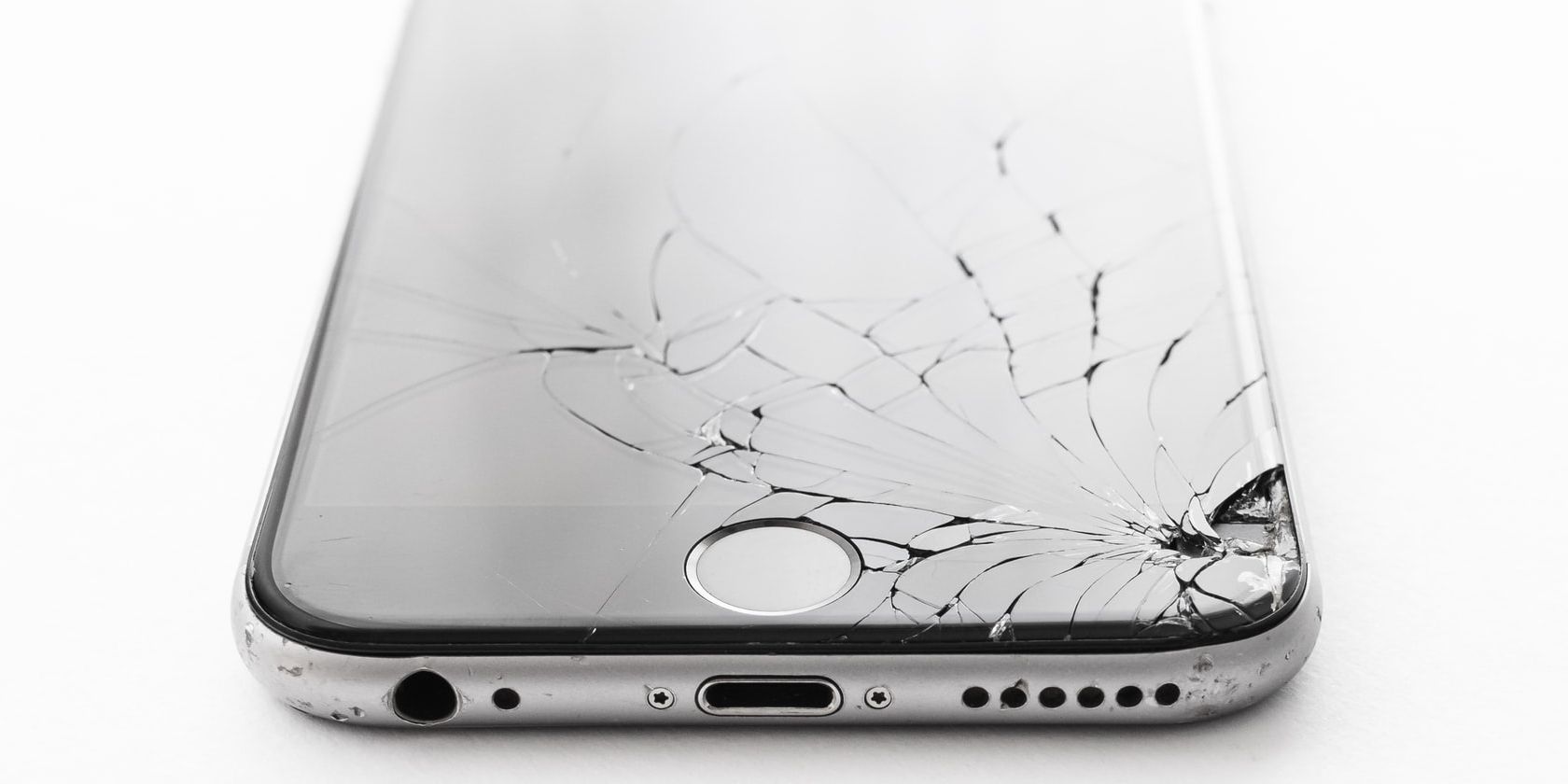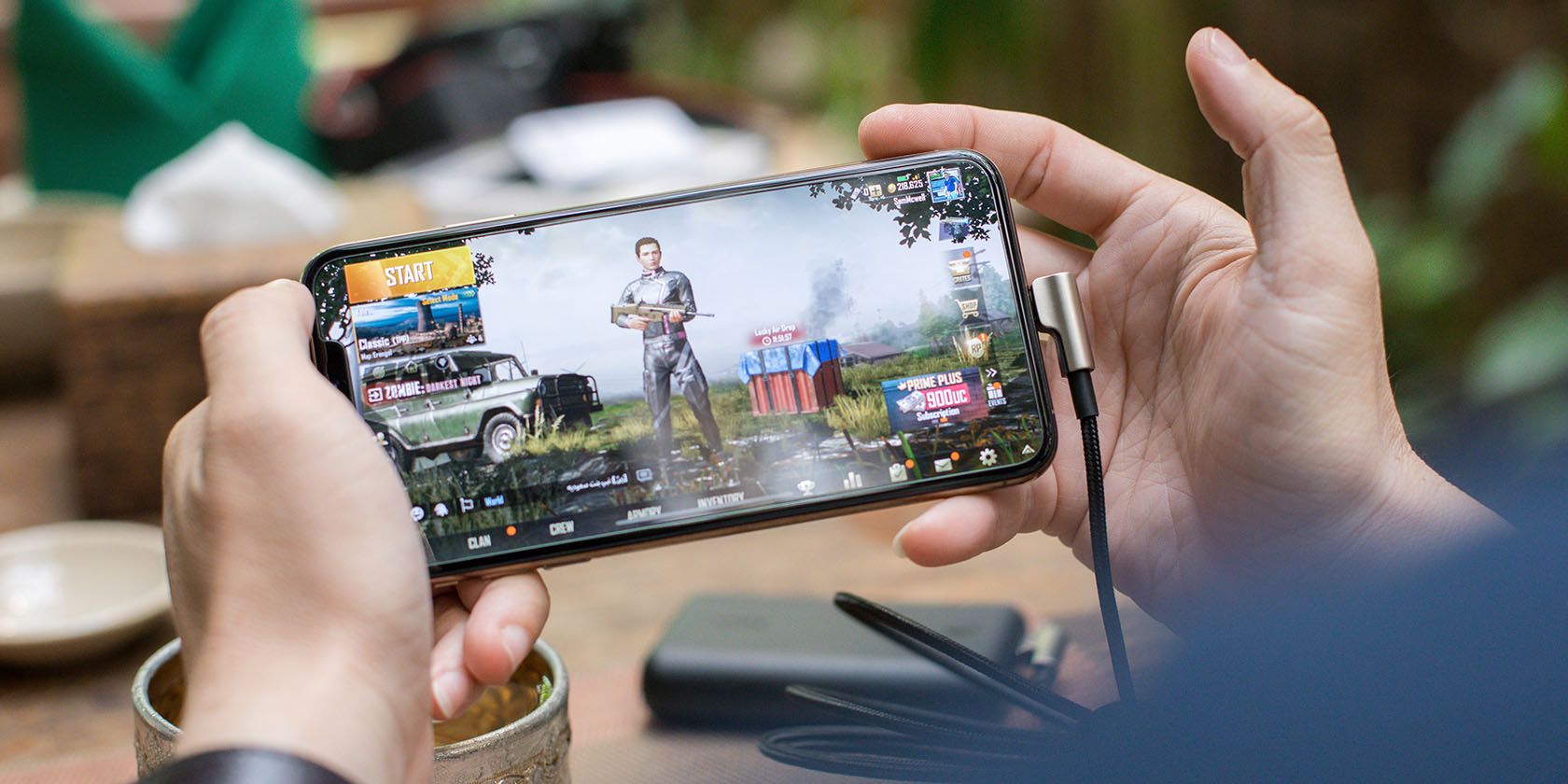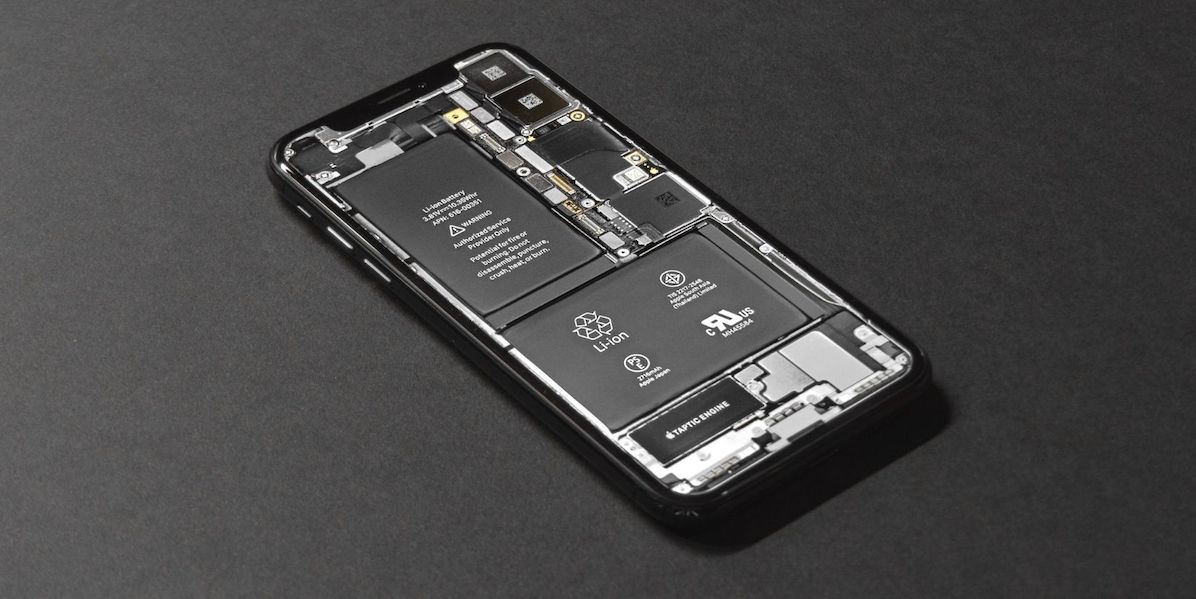We all look for a good deal when buying a new phone, checking its specs and features to see if it suits our needs. But very rarely do any of us plan for how long we want to actually keep our phones; we just upgrade when we think we need to.
Of course, tech companies want you to upgrade as soon as possible, but should you? How often should you switch to a new phone? What affects a smartphone's lifespan in the first place, and how can you extend it? Let's find out.
What Affects a Smartphone's Lifespan?
Smartphones degrade just like any other electronic gadget, but their lifespan can vary greatly depending on the type of user you are, how much you use your phone, where you live, and how well you take care of the device.
If you use your phone for long periods every day, it'll naturally go through more wear and tear. But if you spend a large chunk of your day on your laptop or PC, your phone remains untouched for longer and hence doesn't go through as much abuse.
If you're clumsy and tend to drop your phone, it can quickly develop cracks and dents. And if you live somewhere with extreme weather conditions, there will be a lot of stress put on the battery and your phone may not function smoothly for very long.
The quality of the hardware inside your phone also affects its lifespan. Flagships use high-quality materials and will last longer whereas budget phones often use components that are already outdated, and will hence become obsolete more quickly.
Lastly, how well you take care of your phone also plays a huge role in how long it lasts. Here are a few good habits you should follow to extend your phone's lifespan:
- Delete wasteful apps and old files to avoid bloating your storage.
- Don't play graphics-intensive games that your phone can't handle.
- Use a case and screen protector to protect against drops.
- Follow battery health guidelines and avoid overnight charging.
- Regularly clean dust and debris out of your phone's ports.
- Don't download apps and files from unverified sources.
- Restart your phone at least once a week.
- Get your phone repaired by authorized service providers only.
- Avoid putting your phone in extreme temperatures.
Signs You Should Upgrade Your Smartphone
A lot of people upgrade their phone because their current one has developed issues. If that's the case, we recommend you find out what's wrong with your phone first, so you know whether it's worth it to repair your current device instead of buying a new one.
However, don't ignore the signs that it's time to upgrade. Perhaps the most common one is that your battery runs out quickly, and while there are ways to extend battery life on Android, the most convenient option is to get a brand-new phone.
You'd need to upgrade immediately if an essential component started malfunctioning. Maybe the mic and speaker got clogged or damaged, making you unable to have clear calls. Or, perhaps the charging port got damaged and now your phone won't charge.
If your phone has become too slow, that usually means the processor is no longer able to keep up with the system requirements of constantly improving apps and games.
If you've run out of storage, you can transfer some data to an external hard drive or SD card, but it's most convenient to get a new phone with a higher storage capacity.
Another reason to upgrade is that your phone no longer gets software updates from the manufacturer. iPhones get five to six years of support, but most Android manufacturers offer only three years of major OS updates.
Any of these reasons are enough to consider buying a new phone.
How Often Should You Upgrade Your Phone?
How often you upgrade your phone depends on two main things: your needs and your budget. Our detailed guide on how much to spend on a smartphone outlines the features you can expect at each price bracket. But depending on the type of user you are, the amount of time you should keep your phone will vary.
Upgrading Your Phone Every Year
Upgrading your phone every year doesn't make sense for most people. But it's understandable if you're someone who works with tech for a living or are an enthusiast who wants to (and can afford to) experience the latest innovations before anyone else.
Upgrading every year also means you never have to worry about your battery degrading since you're getting a fresh one with each new model. You're also getting the latest chip and camera system for a better experience during gaming and photography.
Upgrading Your Phone Every Three Years
Most people upgrade their phones every two to three years. By then, the battery starts to become bothersome and many Android phones stop receiving updates. It's also usually enough time for tech companies to introduce some new features you might want on your next phone.
So, three years is enough time to consider upgrading, but that's only so if you know that you'll actually benefit from a new phone and its features. If your current phone works fine after three years, you can just get its battery replaced to extend its life.
Upgrading Your Phone Every Five Years
Upgrading your phone every three years is appropriate for most people, but it might not be for you. A modern flagship phone is already future-proof enough to last you five years.
In fact, Samsung and Google now offer up to four and seven years of OS updates on their latest Galaxy and Pixel phone lineups, respectively. On the hardware side, simply replace the battery to keep your phone running smoothly.
Upgrading Your Phone Every Seven Years or Later
Not many people carry their phone for seven years or longer, but if you're one of them, you likely have a very specific set of requirements.
A construction worker, for example, would really benefit from a rugged phone such as the Ulefone Power Armor 18T which comes with a whopping 9600mAh battery that can easily last seven years or more.
However, rugged phones are not very sleek and can be quite uncomfortable to hold and carry for long durations. Luckily, an alternate way you can avoid upgrading your phone for longer is to buy one that focuses on reparability and offers spare parts for purchase. For that, you can get a modular phone like the Fairphone 5.
It makes the most sense for elderly users because they simply don't need the latest features; their needs tend to be more basic and are unlikely to change anytime soon. Their use-case is often limited to basic functionalities like calling, texting, web browsing, watching YouTube, using social media, and light photography.
Upgrade Your Phone When You Actually Need To
A smartphone is a tool for some and a lifestyle essential for others. Based on which camp you belong to, your priorities will differ. Don't upgrade your phone just because the new model looks fancier; companies can be quite persuasive in making you buy what you don't need.
If you're tempted to upgrade just because you're bored with your phone, you can try all sorts of tricks to make it feel new again, especially on Android. The longer your phone stays with you, the longer it stays away from a landfill somewhere, and the more money you save over time.







